
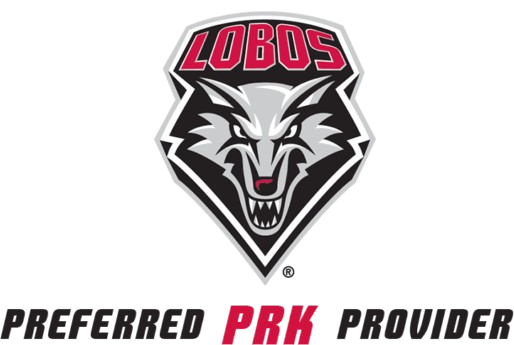

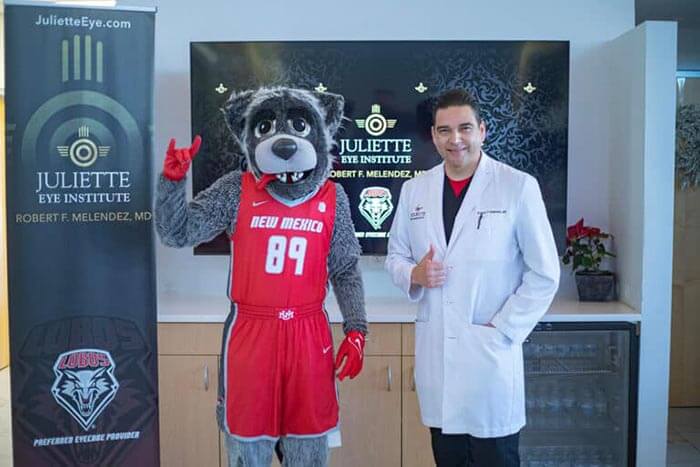
Photorefractive Keratectomy, also known as PRK, is a procedure that corrects refractive errors, like nearsightedness, farsightedness, and astigmatism, that cause blurry vision.
Surface Ablation surgery is also known as PRK. Refractive errors are partially caused by the way the light is bent when entering the cornea. The cornea is the clear covering over the front of your eye.
During the PRK procedure, your surgeon uses a laser to reshape the cornea. Reshaping the cornea changes the way light bends upon entering the eye. The proper bending of the light results in clearer vision.
PRK may be a good choice if your job requires you to be physically active or you enjoy playing sports. Patients with dry eyes or thin corneas often will not meet candidacy requirements for LASIK. If you have either of these conditions, your surgeon may say PRK is the better option for you.
If you wear glasses or contacts, you may be interested in laser eye surgery to improve your eyesight. PRK is a type of laser eye surgery that can help result in clearer, sharper vision that we offer to our patients at Juliette Eye Institute.
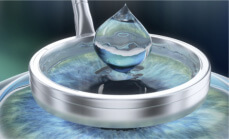
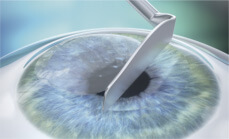
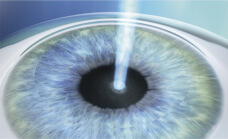
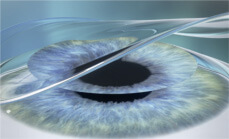
PRK and LASIK are both procedures that can help improve vision and reduce the dependency on contact lenses and glasses. Both PRK and LASIK utilize lasers in the procedure.
The main difference between LASIK and PRK is how the procedure is performed. PRK has a longer recovery time than LASIK but produces almost identical results.
There are many factors determining a person’s candidacy for PRK. Here are some of the factors that are generally required to be a candidate for PRK:

The procedure isn’t suitable for everyone. The surgeon will likely not recommend PRK if:
Wondering if there’s a better solution out there for you? Look no further! Discover which vision correction procedure is right for you today. Take the first step towards clear, effortless vision by clicking here to find out more.
PRK is an outpatient procedure that usually only takes a few minutes.
First, the surgeon will numb your eyes with drops. The medical team will then place an eyelid holder on your eye to help keep it open. Next, the surgeon will remove the cornea’s outer layer using a laser, special brush, blade, or alcohol solution. You’ll stare at light to keep your eyes still while the surgeon uses the laser to reshape your cornea. The laser is programmed with measurements that are specifically custom to your eyes. Lastly, the surgeon will apply a clear contact lens that acts as a bandage.
After the procedure, you will be able to go home almost immediately with your driver. You will need to rest for a few days, and your surgeon may recommend taking time off work.
It is normal to feel significant discomfort for the first few days after the procedure. It is important to avoid strenuous activity for several days. You may have to use prescription eye drops to assist in the healing process for a month or so. Exposure to sunlight can scar your cornea, so your surgeon may recommend you wear sunglasses outside. Your vision may be blurry for a few days after the procedure. It may take a month or more to reach your best eyesight.
Laser vision correction may be more affordable than you think!
Start Saving Today!Look no further than CareCredit and Alphaeon!


Individual results vary. Many PRK patients will have 20/20 vision once their eyes completely heal. In some cases, patients may need additional correction in the form of glasses or contacts.
Are you interested in learning more about PRK? Schedule an appointment with Juliette Eye Institute in Albuquerque, NM, today!
At Juliette Eye Institute, we are proud to offer PRK, a proven vision correction option for patients with unique needs or active lifestyles. If you’re looking for a flap-free solution with exceptional outcomes, PRK might be the perfect choice for you. Schedule a complimentary consultation today to learn more!